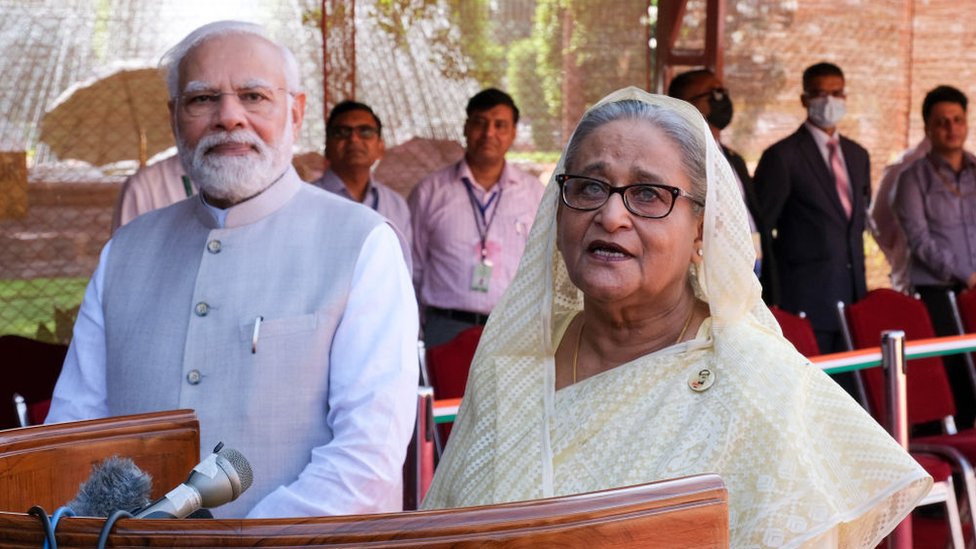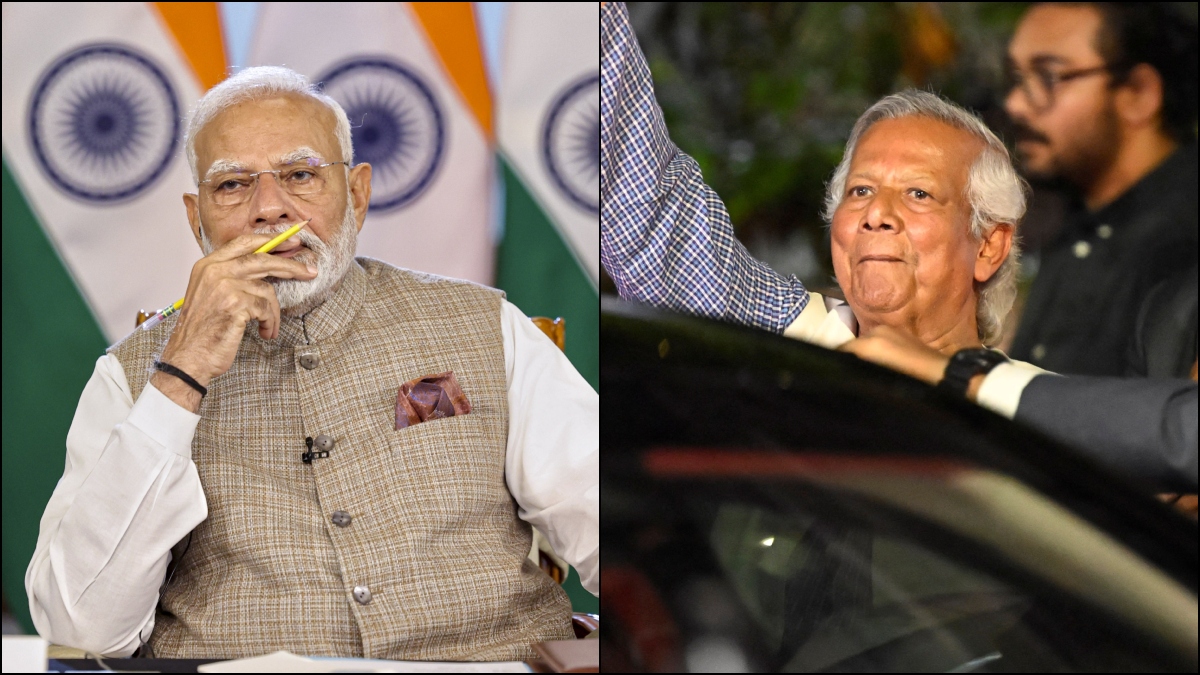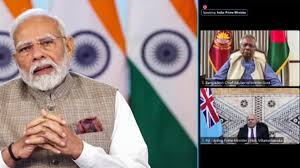Dhaka: A top official of the interim government of Bangladesh has said that the current situation in the country is almost normal, but some challenges still exist. He said that free and fair elections will be held after bringing deep reforms in the violence-affected country. Press Secretary of the Chief Advisor of the Interim Government Shafikul Alam made this comment while talking to the media at the Foreign Service Academy here. When Alam was asked what is the current situation in Bangladesh and is it becoming normal? In response to this, he said, “Chief Advisor Muhammad Yunus is telling foreign journalists that ‘You visit all places like rural areas or cities or industrial areas outside Dhaka, you see the situation yourself and decide whether it is normal or not.'”

All police stations have opened
The press secretary said, “We believe that the situation is normal, there are some challenges.” He said that all police stations have reopened and work is going on there again. We believe that this (situation) is almost normal. On being asked about the elections, the press secretary said that free and fair elections will be held in Bangladesh after “deep reforms” are carried out.
Sheikh Hasina left the country

After anti-government protests in Bangladesh, Sheikh Hasina resigned from the post of Prime Minister on August 5 and left the country. The protesters described the fall of the government and her departure as “Victory Day”. Hasina reached India on August 5 and is currently staying there.
Big step of interim government
Meanwhile, let us also tell you here that the interim government of Bangladesh has decided to set up a foundation to take care of the families of the dead and injured who participated in the protests in the country. More than 600 people, including 44 policemen, have been killed in the violence that broke out during the widespread demonstrations that started in July against the controversial reservation system in government jobs.




